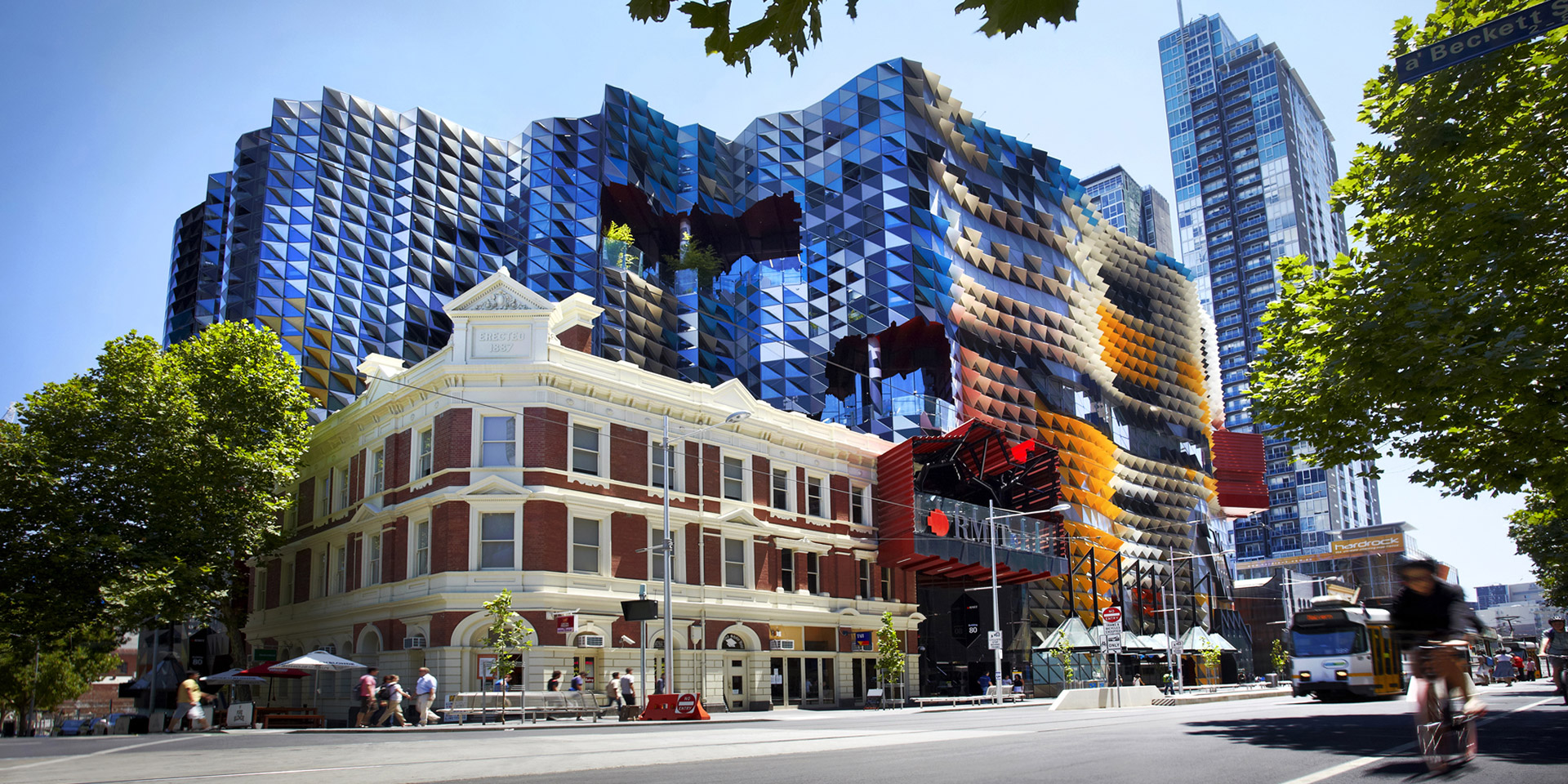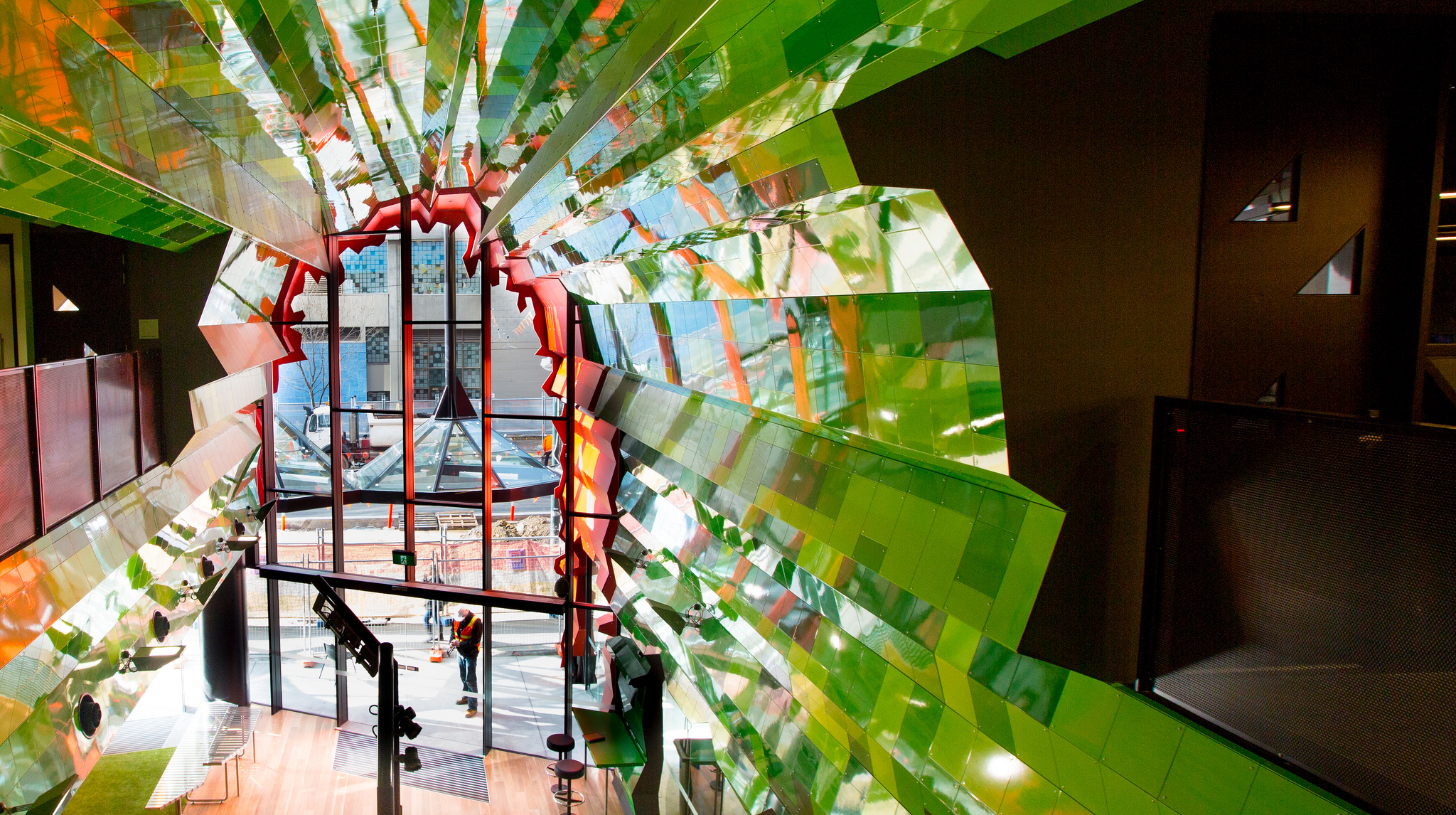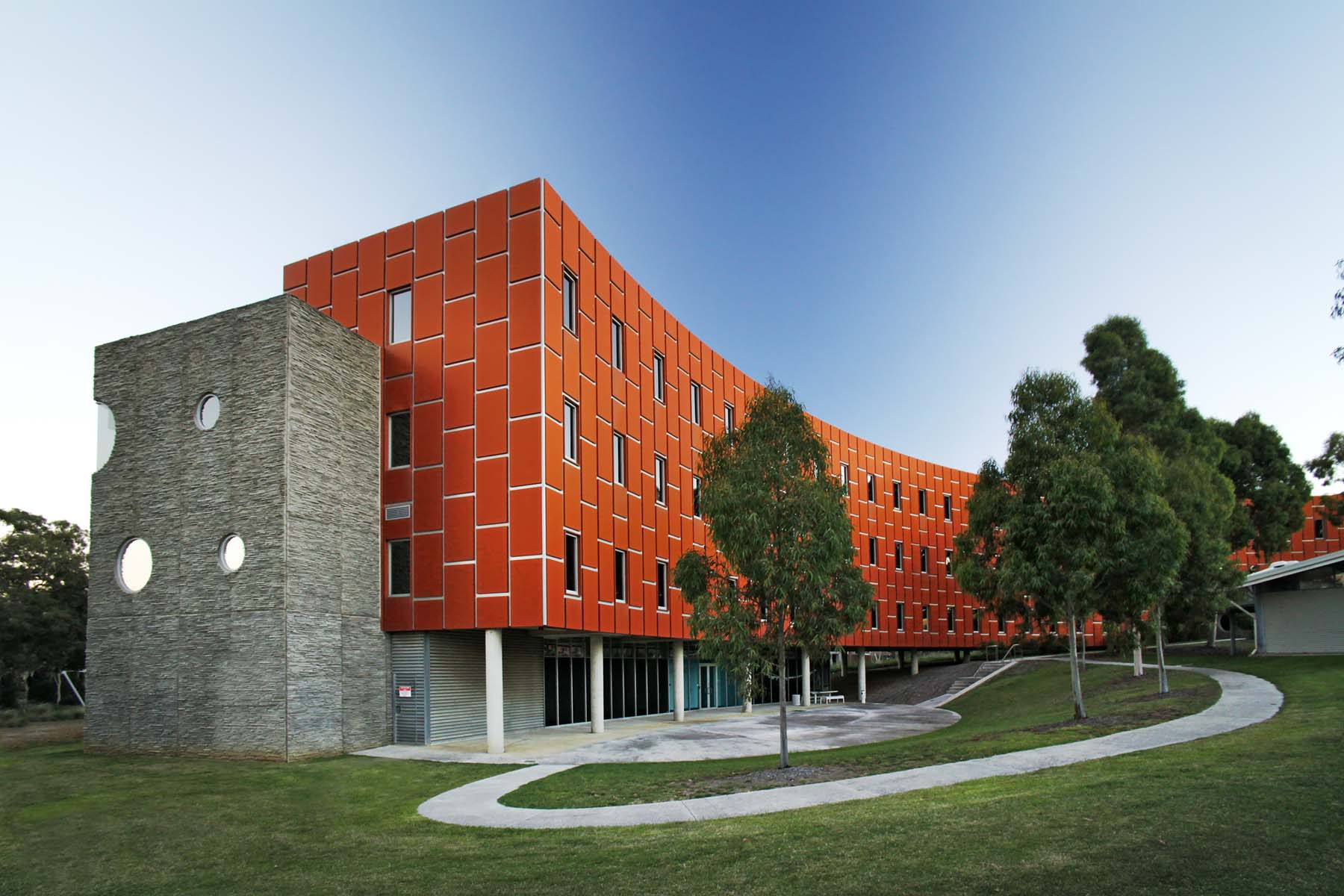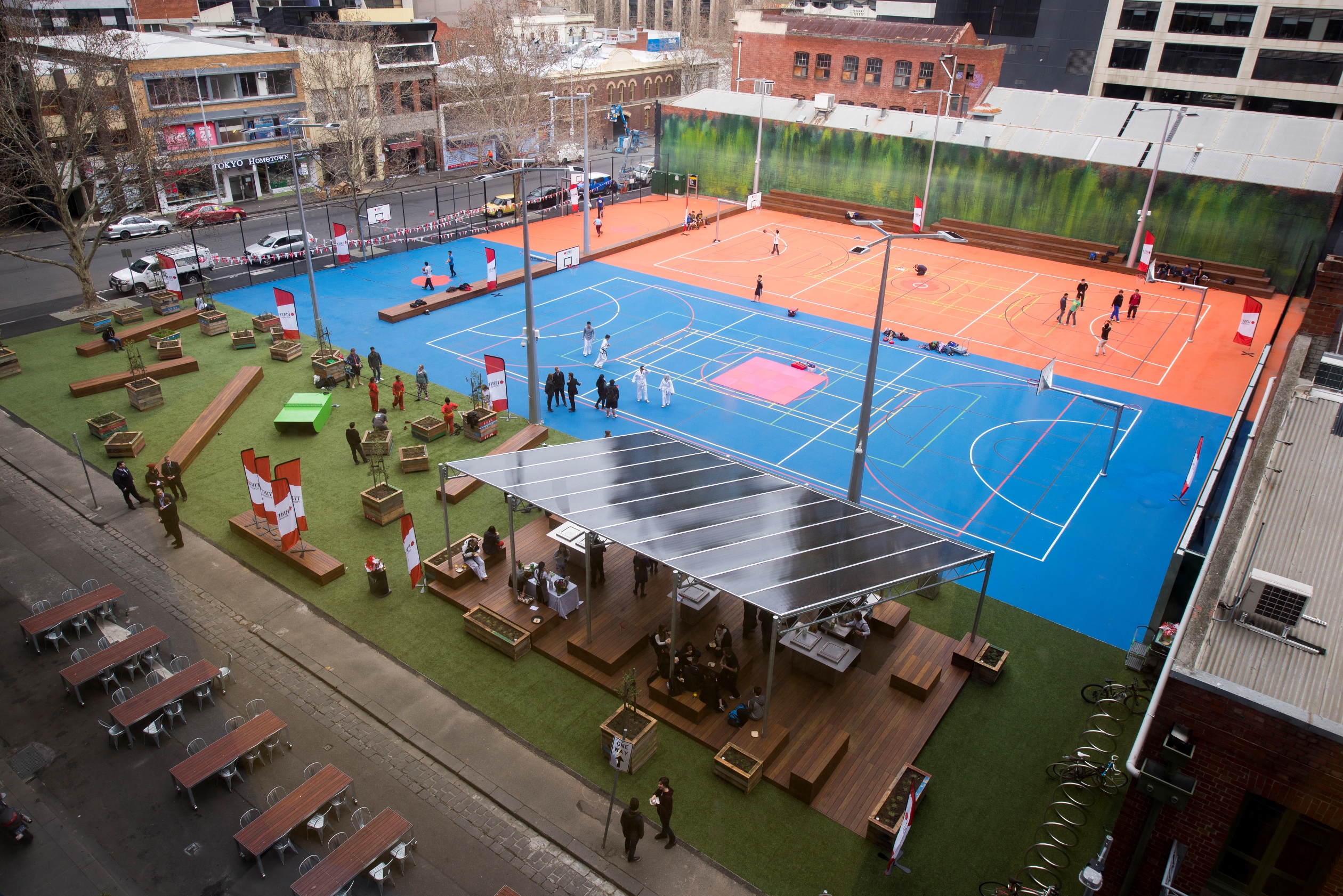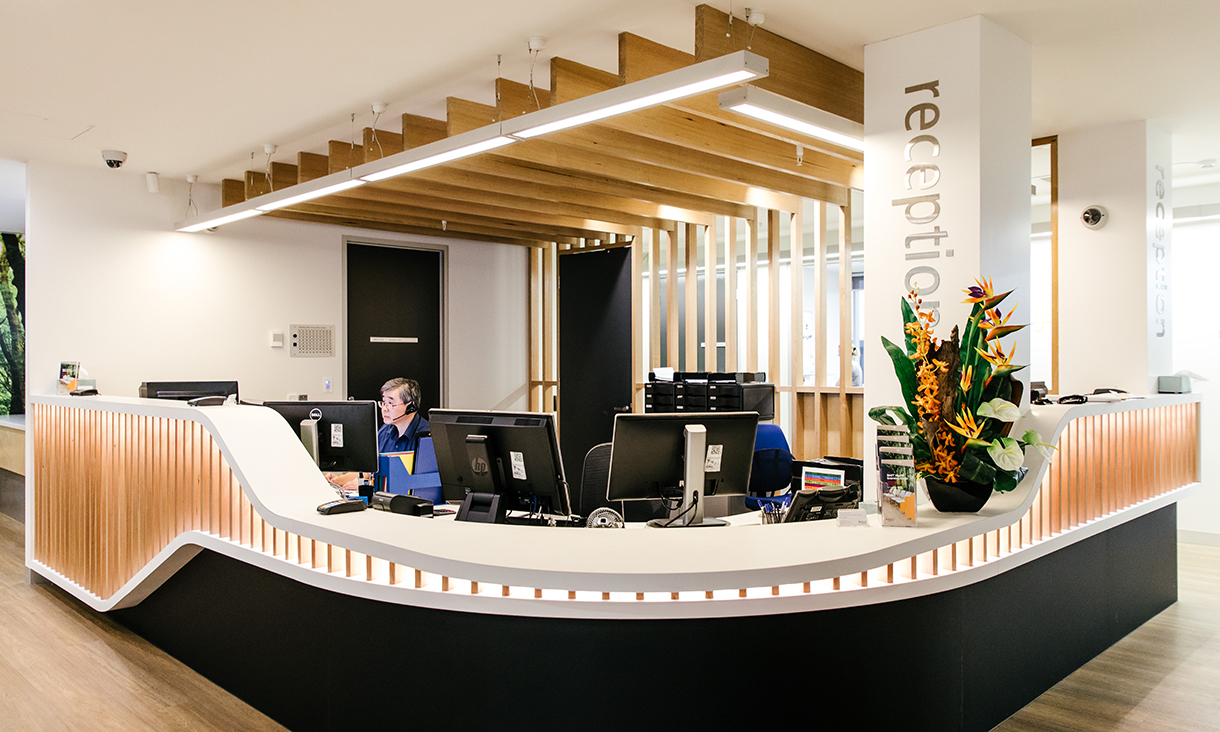Nestled within the vibrant urban tapestry of Melbourne, RMIT University emerges as a dynamic and transformative institution that encapsulates the very essence of modern education. With a storied history that traces back to its founding in 1887, RMIT has evolved into an educational powerhouse that not only imparts knowledge but also ignites innovation and empowers students to navigate the complexities of our ever-evolving world.
At the heart of RMIT's distinctiveness lies its unique urban campus, seamlessly interwoven with the bustling rhythm of Melbourne's creative energy. This integration of academia and city life creates a symbiotic relationship, where the city becomes a living laboratory for learning. From the vibrant graffiti-covered laneways to the cosmopolitan coffee culture, every aspect of Melbourne contributes to the rich tapestry of experiences that shape RMIT's pedagogy. The university's campus isn't confined to mere buildings; it's an extension of the city's DNA, fostering a dynamic ecosystem where learning transcends traditional boundaries.
A defining feature that sets RMIT apart is its unwavering commitment to collaboration with industry partners. This manifests through a myriad of ways, from curricula co-designed with industry experts to hands-on projects that mirror real-world challenges. RMIT recognizes that education extends beyond the classroom, and by fostering meaningful connections with businesses and organizations, it ensures that its graduates possess the skills and acumen demanded by the professional world. This synergy between academia and industry has propelled RMIT to the forefront of innovation and has earned it a reputation for producing graduates who are not just job seekers, but job creators.
RMIT's dedication to research excellence further amplifies its impact. The university boasts cutting-edge research centers that delve into a wide array of disciplines, from sustainable urban development to advanced manufacturing. This commitment to pushing the boundaries of knowledge contributes not only to academic advancement but also to real-world solutions that address global challenges.
Amidst its bustling corridors and interactive learning spaces, RMIT embraces diversity as a fundamental tenet. Students hailing from all corners of the world converge here, enriching the intellectual landscape with a mosaic of cultures, perspectives, and experiences. This cultural tapestry nurtures a spirit of inclusivity and broadens the horizons of every student, preparing them to thrive in an interconnected global society.
In this exploration of RMIT University Melbourne, we delve deep into its DNA, unraveling the threads that weave together innovation, collaboration, urban integration, and global consciousness. As we embark on this journey, we uncover the essence of an institution that not only imparts knowledge but also cultivates the skills and mindset needed to shape a future that transcends imagination.
Show less 